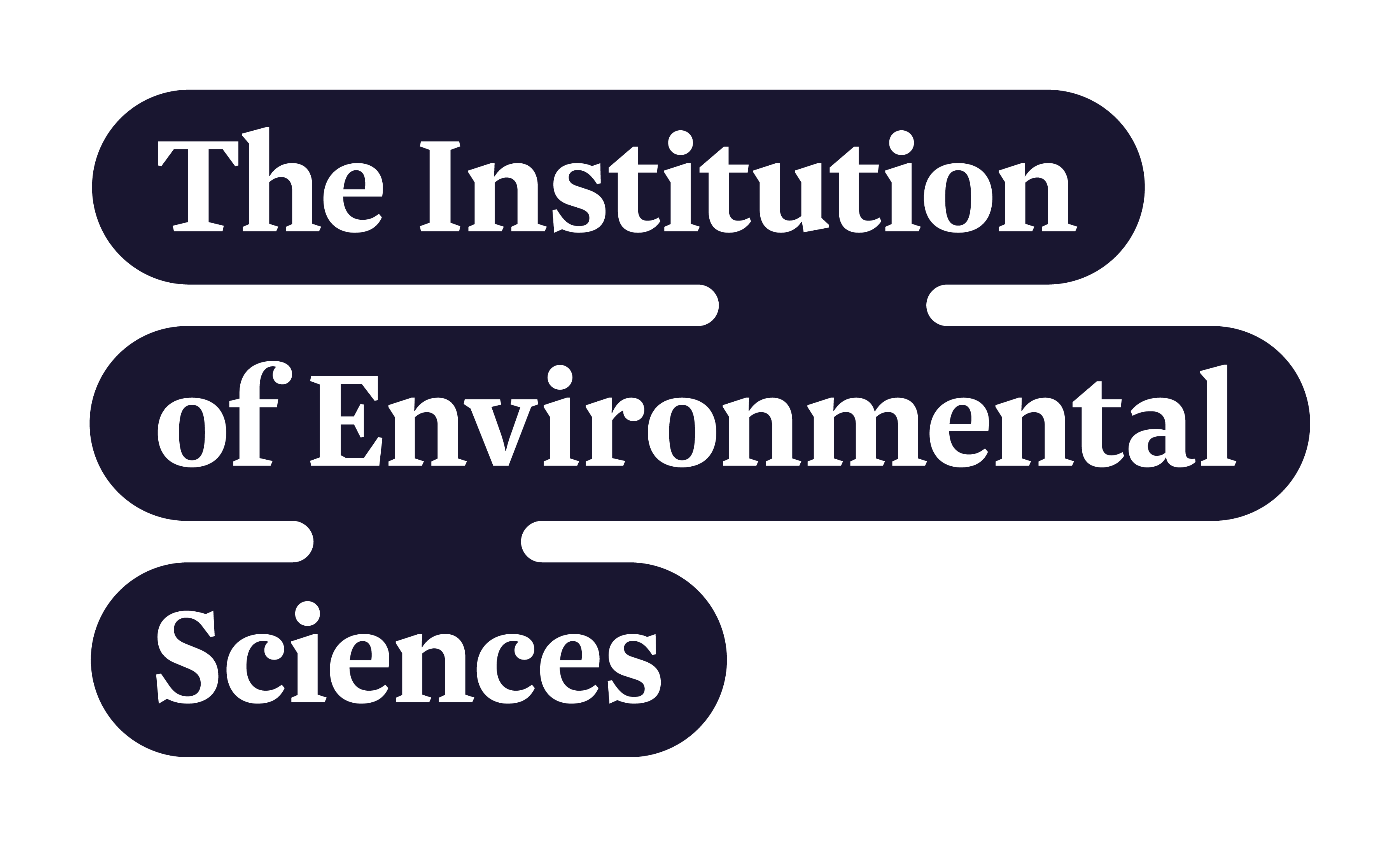STAGES on the road to COP26 wrap-up
In Winter 2020, the IES laid out its plans for an ambitious workplan of activities in the run-up to COP26. These focussed on championing the work of professionals in the environmental sciences, promoting the work of experts and evidence around climate change and driving the transformational change needed to achieve climate ambitions. Key to all of these activities was using our convening power to bring together diverse stakeholders within the sector and highlighting areas of consensus and conflict that would need to be addressed ahead of the conference.
Our activities centred around six key themes, our 'STAGES on the road to COP26': sustainability, transformation, adaptation, green society, economy and solutions.
These themes encompassed key areas of discussion and activity in line with the UK presidency of COP26 and key stakeholder topics of interest ahead of COP. Our activities were shaped by our COP26 Community, a newly established Challenge-Led community of IES members with expertise related to climate change.
Catch up on the different themes below:
Sustainability
Our first stage focussed on the high-level topic of sustainability, with a focus on the synergies and trade-offs between climate action and the wider sustainability agenda, including an analysis of the interaction between climate action and the Sustainable Development Goals.
Links to activities
- Discussion meeting: The synergies and trade-offs between sustainable development and climate action, featuring Prof Chris Rapley
- Briefing paper: The Sustainable Development Goals and Climate Change
- Sustainability wrap-up online article
Transformation
The second of our ‘STAGES on the Road to COP26’ focused on discussing transformative change: put simply, how can climate action ensure that social and economic systems are decoupled from unsustainable processes, whilst meeting the needs of the global population? We explored this topic by looking at four key sectors, food, energy, transport and the built environment. We also explored what this transformation will mean for those working at the forefront of this change: environmental professionals.
Links to activities
- Webinar: The crucial role of food systems in transformation
- Webinar: The built environment
- Webinar: From transition to transformation in energy systems
- Webinar: Clean transport
- Opinion piece: What does transformation mean for environmental professionals
- Transformation wrap-up online article
Adaptation
Our third stage focused on adaptation, and in particular, the fundamental role of nature-based solutions in meeting climate ambitions, restoring ecosystems and protecting biodiversity. We explored the role of nature-based solutions in a number of different contexts, highlighting the diverse ways that restoring ecosystems and promoting nature can address societal challenges, from promoting healthy soils to ensuring a just transition.
Links to activities
- Webinar: Getting Wilder about carbon for a real green recovery
- Webinar: The role of nature-based solutions in a just transition
- Webinar: Nature-based solutions for soil health
- Panel discussion - Nature-based solutions: The Conventions on climate & biodiversity
- Adaptation wrap-up online article
Green Society
The next stage, Green Society, took a wider lens and investigated the ways that society needs to change for a successful green transition, examining both the skills and knowledge that will be needed and the importance of promoting systemic change at all levels of society.
Links to activities
- Webinar:&n "Net zero skills": Why, when, who, what and how?
- Webinar: Carbon literacy: A first step in responding to the climate crisis
- Panel discussion: Paving the way for a net zero future: Upskilling the workforce
- Discussion meeting: Systemic change: From words to action
- Survey results on the skills needed to meet climate and net zero ambitions
- Green Society wrap-up online article
Economy
For the penultimate stage, we looked into questions of economic transformation, green finance, and our ability to create ‘just transitions’ towards net zero. We explored the diverse topics of ESG, the blue economy and the circular economy to better understand the different facets of our economy that will be essential to meeting climate ambitions.
Links to activities
- Panel discussion: Business, Jobs & ESG in the climate transition
- Panel discussion: The ocean-climate nexus - Supporting climate ambitions through a sustainable blue economy
- Working group discussion meeting: Catalysing the circular economy
- Economy wrap-up online article
Solutions
For our final theme we focussed our discussions on the UK presidency themes for COP: finance, energy, nature, adaptation, transport and a final discussion exploring the big picture. The strands of all our activities were brought together in this final stage to inform our Manifesto for Transformative Change, the culmination of our work in the run-up to COP. The Manifesto sets out 54 recommendations for global climate action, as well as the analysis and evidence to support them.
The IES team attended the COP26 Blue Zone, networking and promoting the Manifesto alongside a dedicated social media campaign. The recommendations from the Manifesto now provide us with an ideal point of comparison between what was achieved at the summit and what still needs to happen and we will be exploring this through a dedicated gap analysis.
Links to activities
- Working group discussion meeting: Finance
- Working group discussion meeting: Energy
- Working group discussion meeting: Nature
- Working group discussion meeting: Adaptation and Resilience
- Working group discussion meeting: Transport
- Working group discussion meeting: Big Picture
- Manifesto for Transformative Change
Next steps
COP26 is not an endpoint. We must now move forward to realising the ambitions of COP26 and building on these to catalyse the transformative change needed to meet the interlinked crises facing society. With this in mind, we have transitioned our time-limited COP26 Community to a permanent Climate Action Community. If you are interested in joining, please do get in touch - all members with an interest are welcome.
Our work in this area will continue to be underpinned by the ethos of collaboration, and we will seek to partner with relevant organisations where appropriate. As we look ahead to COP27, we will continue to support the call for transformative change, underpinned by science.
Related activities
- environmental SCIENTIST journal: From climate ambition to action
- Sector report: Transformative Action & Local Knowledge: Six dynamic ways to fight climate change
- Webinar: COP26 - Reflections from across the sector
- News: IES becomes signatory to the Professional Bodies Climate Action Charter ahead of COP26
- News: IES carbon emissions 2021-22


